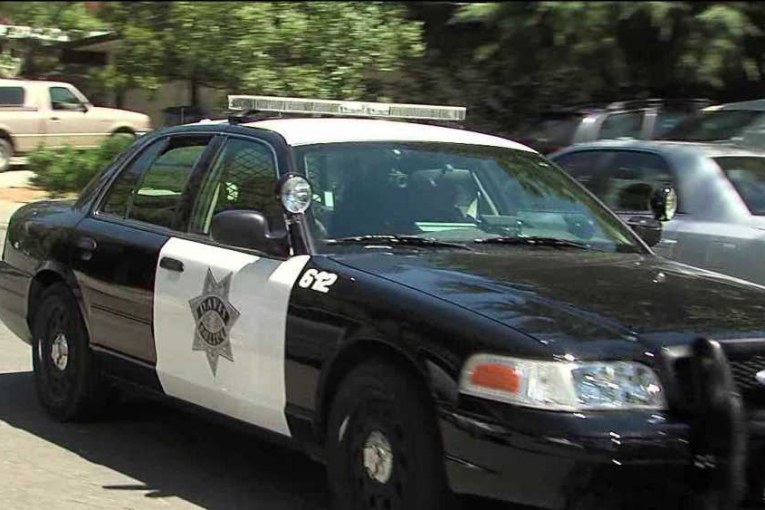

By Emily Dill
DAVIS — The public safety recommendations that sparked over 150 public comments on Dec. 1 were discussed at City Council’s Dec. 15 meeting.
These recommendations created by the temporary joint subcommittee of Human Relations, Social Services and Police Accountability Commissions consist of reimagining the way that Davis operates in regard to law enforcement, public health and public safety.
Members of the City Council expressed their feelings of practicality moving forward with the nine recommendations and which would be the most essential to implement in the short term.
Council member Dan Carson made his emphasis clear on the seventh recommendation in the report, which is to build an integrated “Crisis Now” type model for behavioral health emergencies, stating “to me this is the area we could do the most good the soonest.”
This notion to “prioritize where we could do the most good the soonest” was echoed by all other council members as the meeting progressed. Council member Josh Chapman spoke of how there are larger goals that must be achieved through this process.
“To get to number nine is a culmination of [a lot] of work,” he said. “I look at recommendations one to eight as a pathway to nine.”
All council members expressed the need to designate short term goals that can be accomplished in the following months and those that will take longer processes. Chapman explained that they needed to examine what the medium term goals are as well, stating that for him, “that’s four, seven and eight.” He found importance in these recommendations specifically because they “have the promise of really having effective change.”
Vice Mayor Lucas Frerichs found concern in addressing the first recommendation, to determine why racial disparities in arrests, recommended charges and stops exist in Davis, as well as the seventh recommendation that both Carson and Chapman touched on.
He also approached the topic from an implementation standpoint, stating that “I do think this is good timing. As we move into 2021 where it is the natural sort of progression towards the building of a city budget, we have the ability to task staff with what kind of changes may be needed or warranted.”
Frerichs emphasized how a recent study conducted by UC Davis in which the city of Davis is a participant, can assist in the fifth recommendation — to reinvent the police-community conversation.
Council member Will Arnold pointed out that some of these recommendations are currently an ongoing process, stating, “We will always be trying to achieve best practices, for example, with regard to how we train our officers now and into the future, we will always be collecting this data as we ought to be.”
Arnold stated his concern with homelessness as a growing matter in Davis, and that implementation of the fourth recommendation is one that is essential and possible to do in the short term.
Mayor Gloria Partida expressed her gratitude to our local police department for their willingness in this process “that’s a key part of whether or not this will be a successful endeavor.” She also addressed the need to have more input from stakeholders, county and less vocal members of the community before moving forward with more drastic recommendations such as the ninth, which was echoed by all council members.
Partida discussed the three year plan that the Davis Police Department is formulating in the coming months, stating that “it is going to be really important for us to have these recommendations in mind as we are going forward with the strategic plan.”
This plan, as discussed earlier in the meeting by Davis Police Chief Darren Pytel, is a written plan created in partnership with a hired consultant to make changes and set goals for the department to ensure they are “moving in a direction that both the community and the industry is moving.” Pytel explained that the plan will be posted on their website and updated consistently throughout its implementation, just as their last plan was.
Moving forward, the City Council tasked staff with creating a “roadmap” of short, medium and long term concepts that can create a timeline for a range of implementation options. The City Manager’s Office will consult with the Council once this is being constructed to ensure that the process is going how requested.

Emily Dill is a fourth year Political Science major at UC Davis, also minoring in Professional Writing and Environmental Policy.